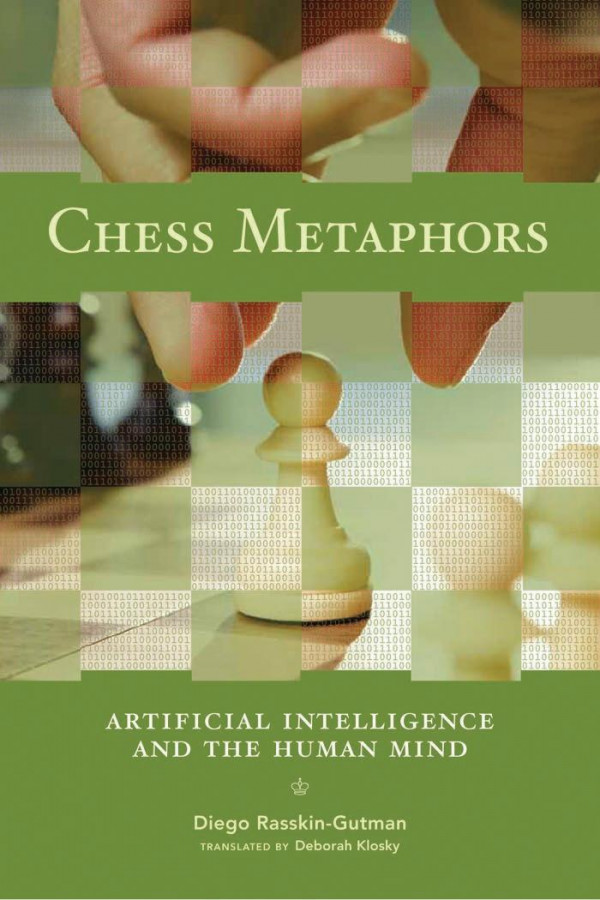

Most ebook files are in PDF format, so you can easily read them using various software such as Foxit Reader or directly on the Google Chrome browser.
Some ebook files are released by publishers in other formats such as .awz, .mobi, .epub, .fb2, etc. You may need to install specific software to read these formats on mobile/PC, such as Calibre.
Please read the tutorial at this link. https://ebooknice.com/page/post?id=faq
We offer FREE conversion to the popular formats you request; however, this may take some time. Therefore, right after payment, please email us, and we will try to provide the service as quickly as possible.
For some exceptional file formats or broken links (if any), please refrain from opening any disputes. Instead, email us first, and we will try to assist within a maximum of 6 hours.
EbookNice Team

Status:
Available5.0
25 reviewsHow the moves of thirty-two chess pieces over sixty-four squares can help us understand the workings of the mind.
When we play the ancient and noble game of chess, we grapple with ideas about honesty, deceitfulness, bravery, fear, aggression, beauty, and creativity, which echo (or allow us to depart from) the attitudes we take in our daily lives. Chess is an activity in which we deploy almost all our available cognitive resources; therefore, it makes an ideal laboratory for investigation into the workings of the mind. Indeed, research into artificial intelligence (AI) has used chess as a model for intelligent behavior since the 1950s. In Chess Metaphors, Diego Rasskin-Gutman explores fundamental questions about memory, thought, emotion, consciousness, and other cognitive processes through the game of chess, using the moves of thirty-two pieces over sixty-four squares to map the structural and functional organization of the brain.
Rasskin-Gutman focuses on the cognitive task of problem solving, exploring it from the perspectives of both biology and AI. He examines concept after concept, move after move, delving into the varied mental mechanisms and the cognitive processes underlying the actions of playing chess. Bringing the game of chess into a larger framework, he analyzes its collateral influences that spread along the frontiers of games, art, and science. Finally, he investigates AI's effort to program a computer that could beat a flesh-and-blood grandmaster (and win a world chess championship) and how the results fall short when compared to the truly creative nature of the human mind.
Diego Rasskin-Gutman is Research Associate and Head of the Theoretical Biology Research Group at the Institute Cavanilles for Biodiversity and Evolutionary Biology, University of Valencia, Spain.